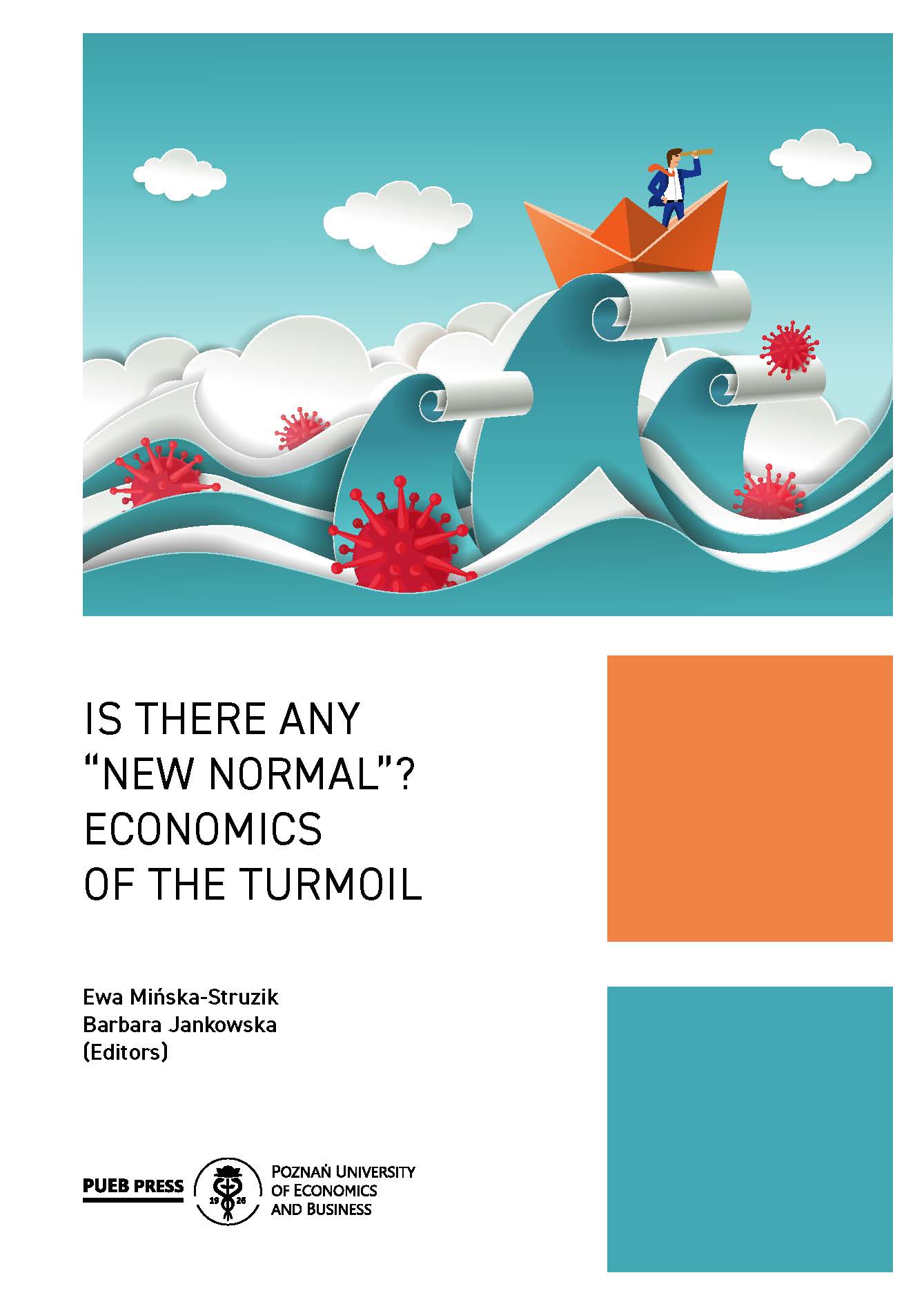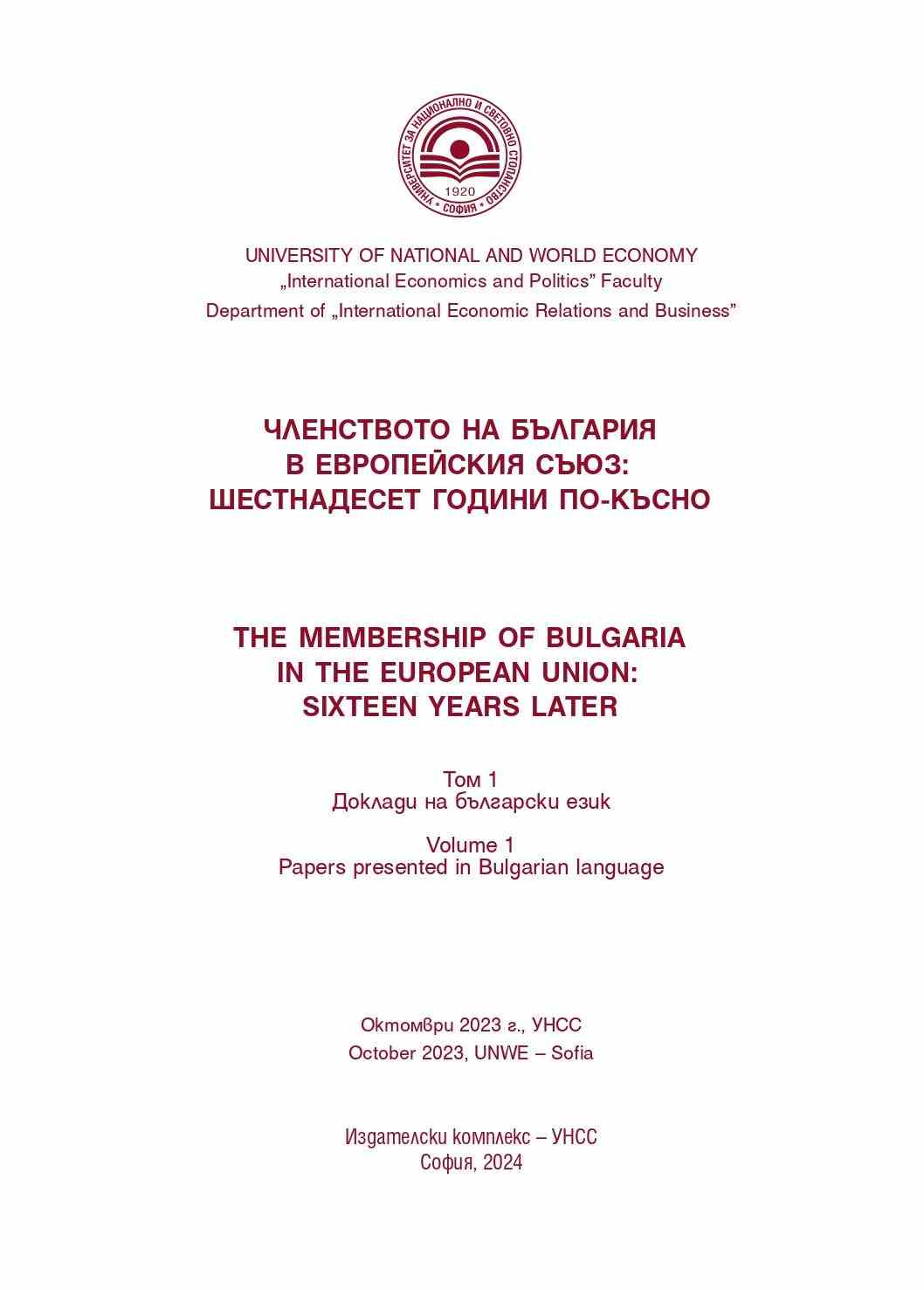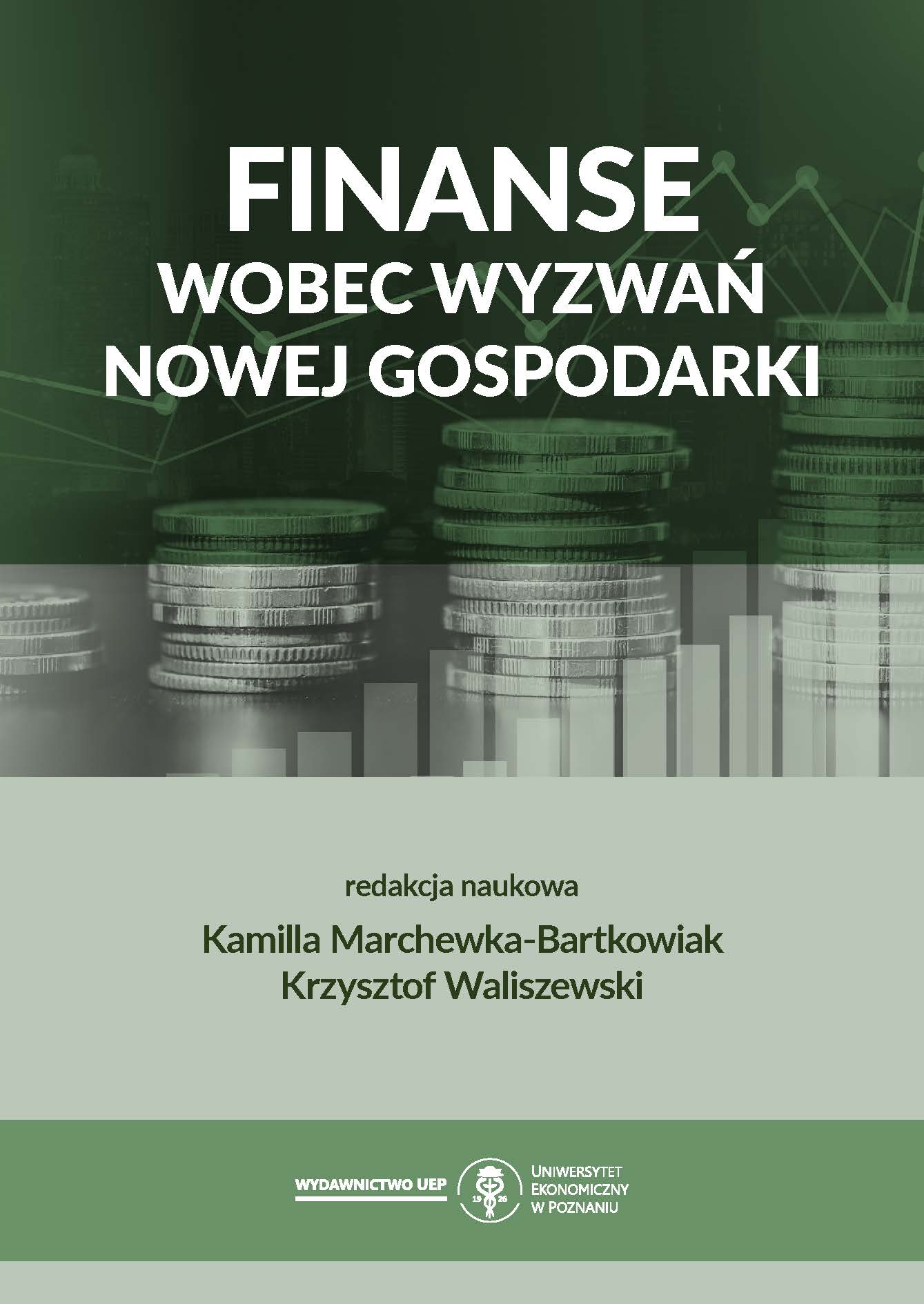
Dilemmas of organising public transport in COVID-19 and post-COVID-19 times
Purpose: The chapter aims to identify the most important challenges related to public transport organisation during COVID and post-COVID times. The author asks several questions: How have the restrictions affected (and still affect) public transport? Can economically efficient public transport services be offered in COVID and post-COVID times? And finally: Is public transport safe for users, and will it be safe in the future? Design/methodology/approach: The chapter is based on the literature review and examination of selected case studies. The analysis is carried out in urban transport, regional and interregional rail transport and international transport (particularly air transport). Findings: The chapter specifies the “dilemmas”, of which the most important is a contradiction between the essential requirement for the operation of public transport (to transport many people in a small space) and the basic principle of minimising the increase in COVID infections (the avoidance of large crowds of people). Research limitations: Quantitative methods could further develop and confirm the study. Practical implications: The chapter diagnoses the main challenges related to the organisation and operation of public transport systems in (socially and economically) uncertain times that lie within areas of interest of both managers and local government authorities. Originality and value: The study contributes to the ongoing discussion on improving publictransport.
More...



